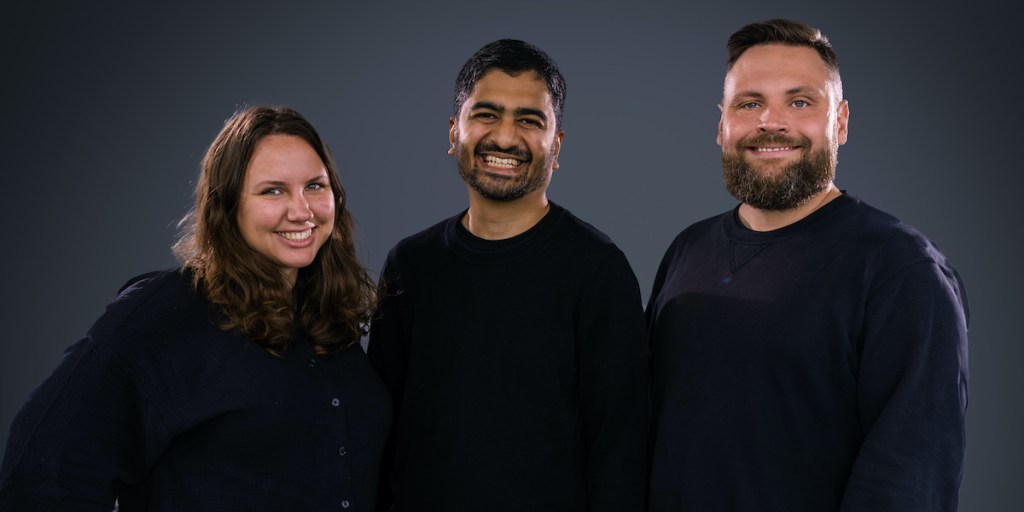Partnering with PartyKit: Everything is Better with Friends
Sunil and his team are turning lonely online tasks into collaborative multiplayer experiences.

Sequoia partnered with PartyKit in 2023 and in 2024 the company was acquired by Cloudflare.
I am a student of antiquity. At age 10, while many of my peers in the tech industry were learning how to code, I was buried somewhere between the sixth and fifth centuries BC, learning Latin and ancient Greek. (To this day I have some highly marketable skills—like reciting Virgil in the original.) One lesson that stuck with me from those studies is something Aristotle said many centuries ago: that we humans are “social animals.” As markets and technologies have come and gone, this part of our nature has been slow to change; dozens of studies on health and longevity show that no matter what we do in life, it is better with friends.
By that measure, the Internet is not an ideal environment for us—because our digital experiences are so often lonely. We spend 8-10 hrs a day in front of our screens largely alone. Collaborative editing in Google Docs, collaborative design in Figma, and multiplayer video games are the rare exceptions that give us a taste of what the good life on the internet could be.
The view that all business apps require multiplayer collaboration is not necessarily universally held. The skeptic might ask how many Google Docs and Figmas there can be, i.e., how many apps truly require real-time, multiplayer collaboration?
Such skepticism is a failure of imagination, anchored in how things have been rather than how things can be. The fact is very few business processes are truly single-player; even something as mundane as expense reports requires collaboration, as does every other workflow that involves approvals. But these naturally multiplayer experiences have been artificially constrained into sequential, asynchronous workflows that can take weeks to complete.
Imagine instead you could just tag your manager or colleague in finance—or your friendly AI-driven finance copilot—to review your expense report, and they could flag anything that needs fixing on the spot. Historically, creating that kind of collaborative experience required a lot of hard work and technical sophistication. The likes of Google could do it, but your average SaaS startup could not. And while some new technologies such as CRDT libraries have been inching us closer to multiplayer experiences, they still require a lot of technology integration and many hours of engineering.
Enter PartyKit, a developer-friendly platform for real-time human-to-human and human-to-AI collaboration. PartyKit does the heavy lifting for you, enabling multiplayer experiences with a few lines of Javascript code. It is easy to customize; it includes all the analytics, and other tools you need to build production apps; and because it is open source, it can run on your organization’s own infrastructure—or even your own laptop.
When we first met PartyKit founder Sunil Pai earlier this year, we fell in love with his velocity and can-do attitude. Case in point is the way he got hired at Cloudflare: after he complained on X (formerly known as Twitter) about certain aspects of the developer experience, they invited him to join the team and fix it—which he did. During Sequoia Arc, we got to know Sunil very well, and were impressed with his contagious enthusiasm for his creation; he was quick to show anyone who was interested a demo on his phone. As they say, ABC—always be closing!
During the beta period, we were also impressed with the diversity of applications users found for PartyKit, from a drawing app to a state machine to an LLM-based customer service agent. And those are just small hints of what’s to come; as we celebrate the general availability of the platform, we will no doubt be surprised in the weeks and months ahead by the multitude of use cases PartyKit enables! We are proud to support Sunil and his team as they continue to grow, and we look forward to the better, less lonely internet we’ll all enjoy as they work to make collaborative multiplayer experiences the norm.
